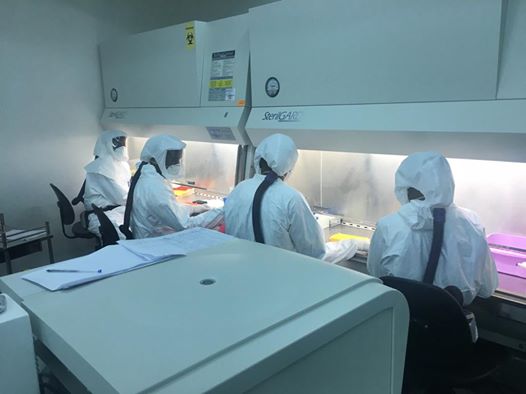In the pre-COVID-19 era, Nigeria used to send its Lassa fever samples to a World Health Organisation reference laboratory in Dakar, Senegal, for testing. But within the first six months of the pandemic in the country, Nigeria has improved on its molecular diagnostic capacity, building 71 laboratories across 35 states of the federation and the federal capital territory (FCT).
The country recorded its first case of coronavirus in February 2020, but as the infection increased, there was the fear that Nigeria’s response would be hampered by its poor health facility, highlighted by lack of laboratories to test suspected cases, and isolation centres with inadequate bed spaces.
In its bid to fight the virus, the country had no choice but to focus on the neglected health sector, with the federal and state governments investing huge funds in health facilities.
According to the NCDC, polymerase chain reaction laboratories have been activated in:
Advertisement
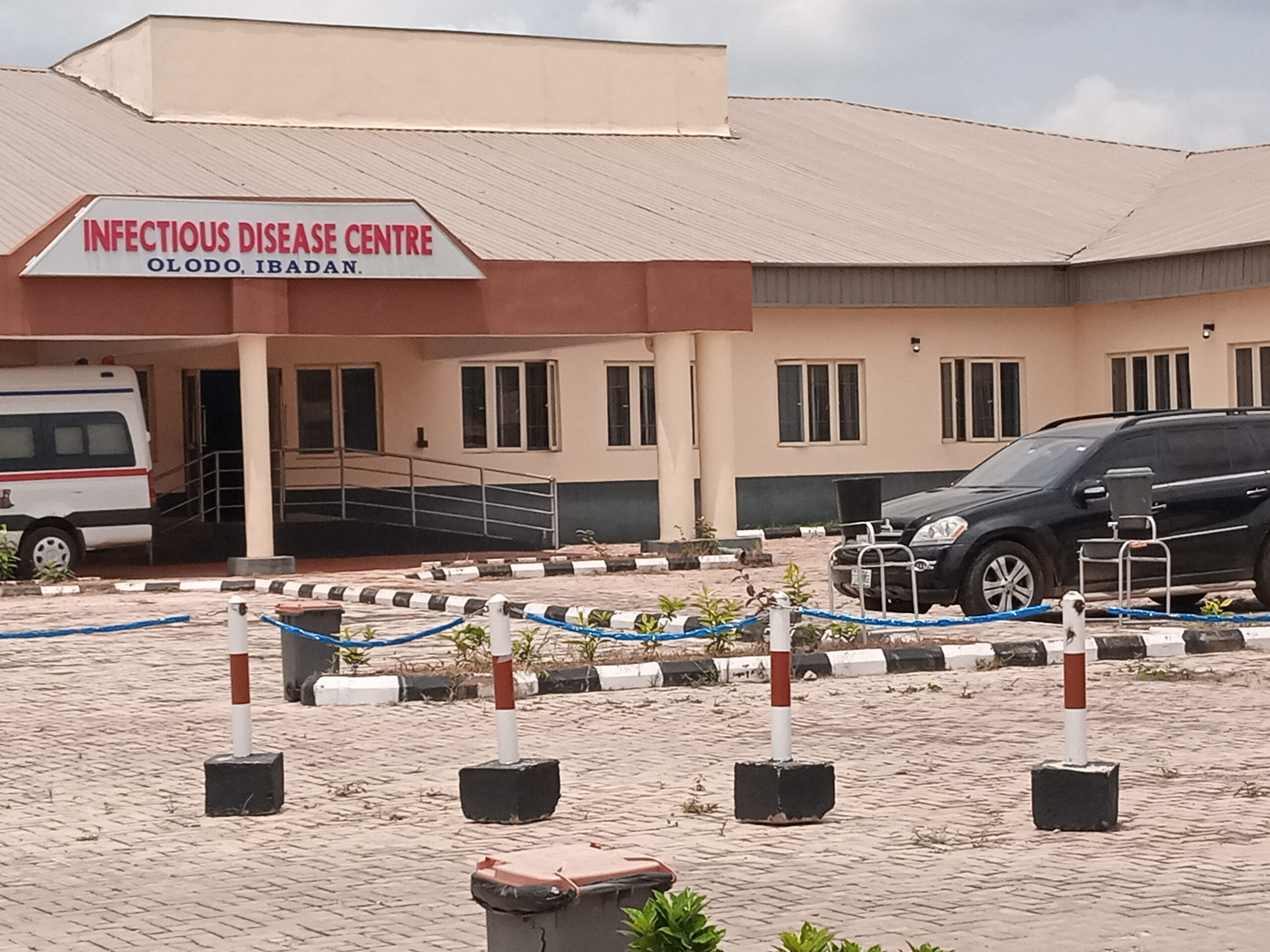
- Jigawa (one)
- Kaduna (two)
- Kano (five)
- Katsina (one)
- Kwara (one)
- Lagos (four)
- Ogun (two)
- Ondo (one)
- Osun (one)
- Oyo (two)
- Plateau (one)
- Rivers (four)
- Sokoto (one)
- FCT (two)
- Gombe (one)
- Yobe (one)
- Bayelsa (one)
- Taraba (one)
The PCR test is deployed to make millions of copies of a specific DNA sample. It allows scientists amplify small sample of DNA to study in detail.
The centre has also activated the GeneXpert laboratory centres in Kaduna (two), Kogi (one), Nasarawa (two), Plateau (one), FCT (two), Yobe (one) and Taraba (one).
In an interview with TheCable, Chikwe Ihekweazu, director-general of the NCDC, had said the huge funds made available to the centre by the federal government were being used to equip a network of molecular laboratories that will serve the country now and during future outbreaks.
Advertisement
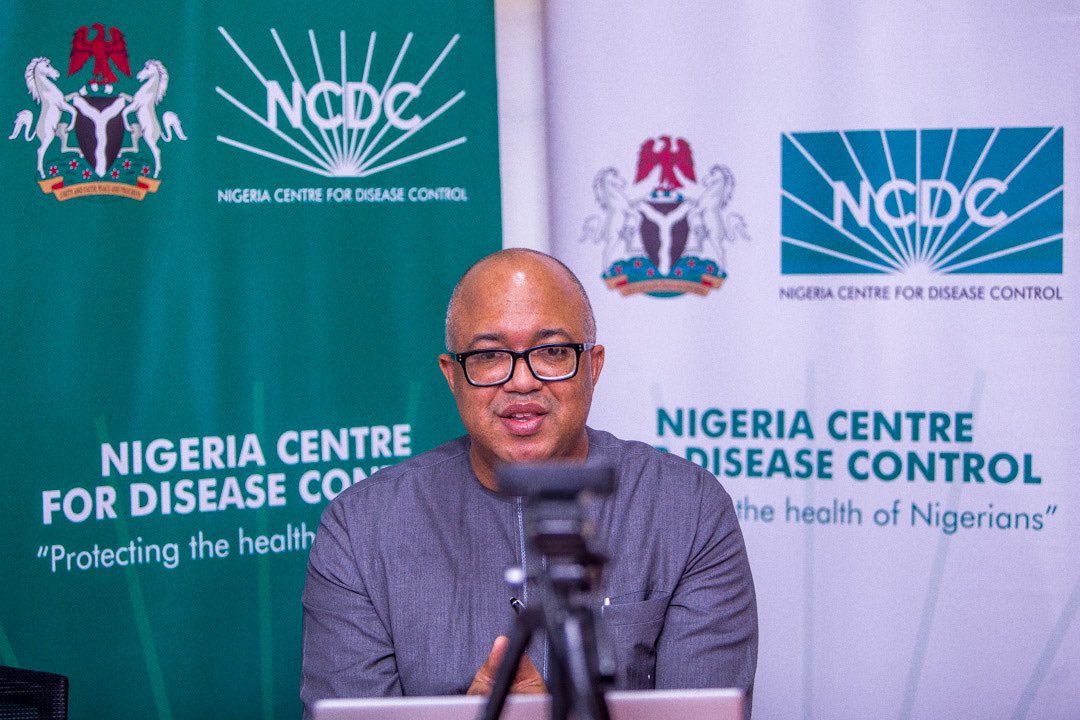
Apart from setting up the 71 laboratories to improve on diagnostic capacity in 35 states, NCDC has also accredited 20 private laboratories in Lagos state, two at the FCT and Edo state, and one in Imo state. All the laboratories have conducted close to 450,000 tests with more than 58,000 confirmed positive.
Chinwe Ochu, NCDC head of prevention programme and knowledge management, told TheCable that unlike many countries, Nigeria had to start building all the laboratory facilities for sample testing from ground zero.
“At the onset of the COVID-19 pandemic, unlike many other countries, we had to build our molecular diagnostic capacity from close to ground zero. During the last six months we have increased and continue increasing our testing capacity from five to 71 polymerase chain reaction and GeneXpert laboratories across the country. We are working extremely hard with states to expand access and demand for testing,” he said.
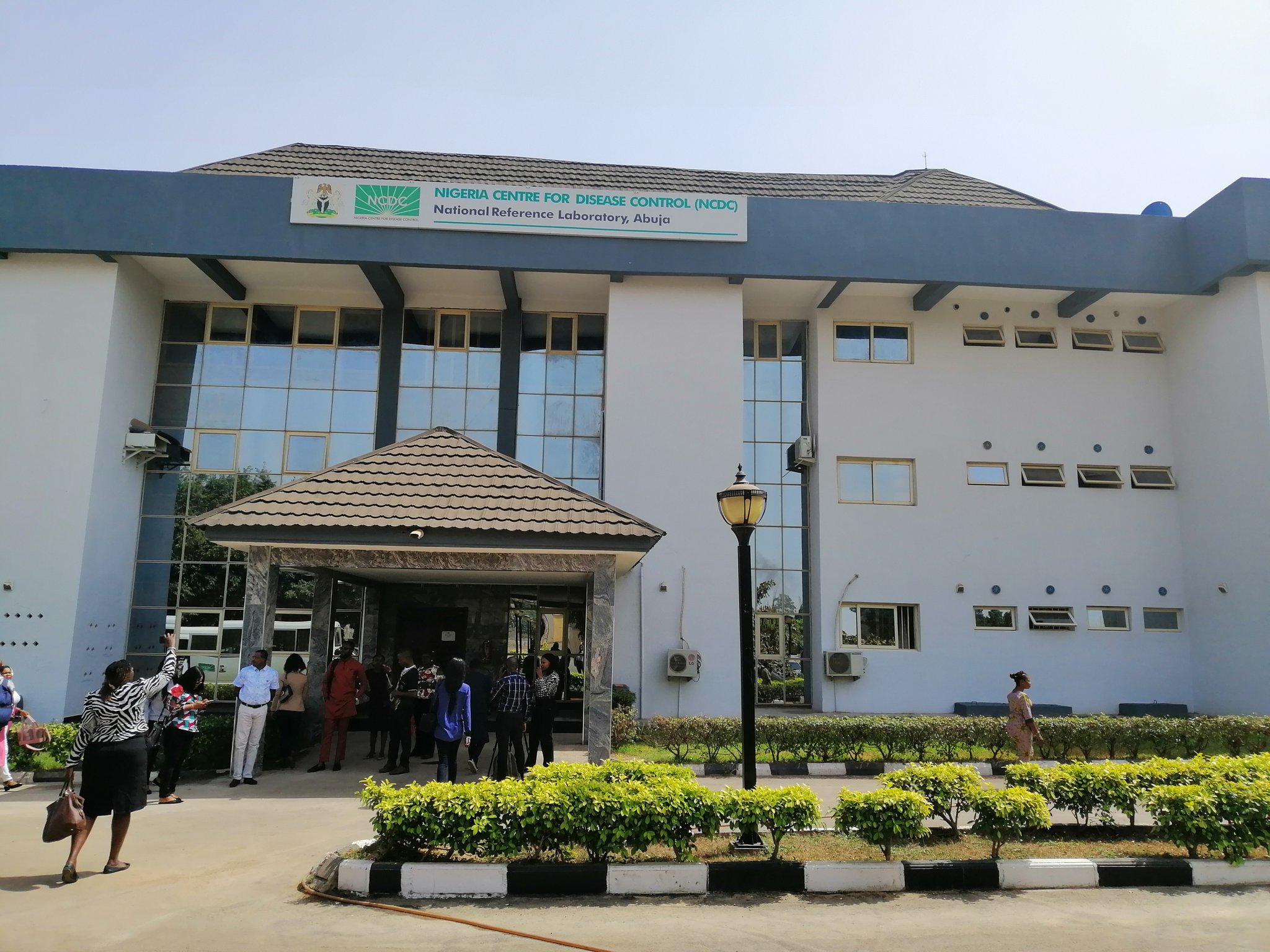
“Testing capacity for COVID-19 has been established in both the public and private or fee-paying laboratories. The establishment of labs is one of our major priorities at the NCDC, not just in managing the ongoing COVID-19 pandemic, but in preparedness and response to other infectious disease threats that affect Nigerians.
Advertisement
“The set-up, optimisation and maintenance of our molecular laboratory are some of the most resource intensive aspects of the response. This requires investment in human resource, medical supplies and commodities.
“Prior to the COVID-19 pandemic, the existing molecular laboratories were used in the diagnosis of infectious diseases like Lassa fever, yellow fever, measles and meningitis.
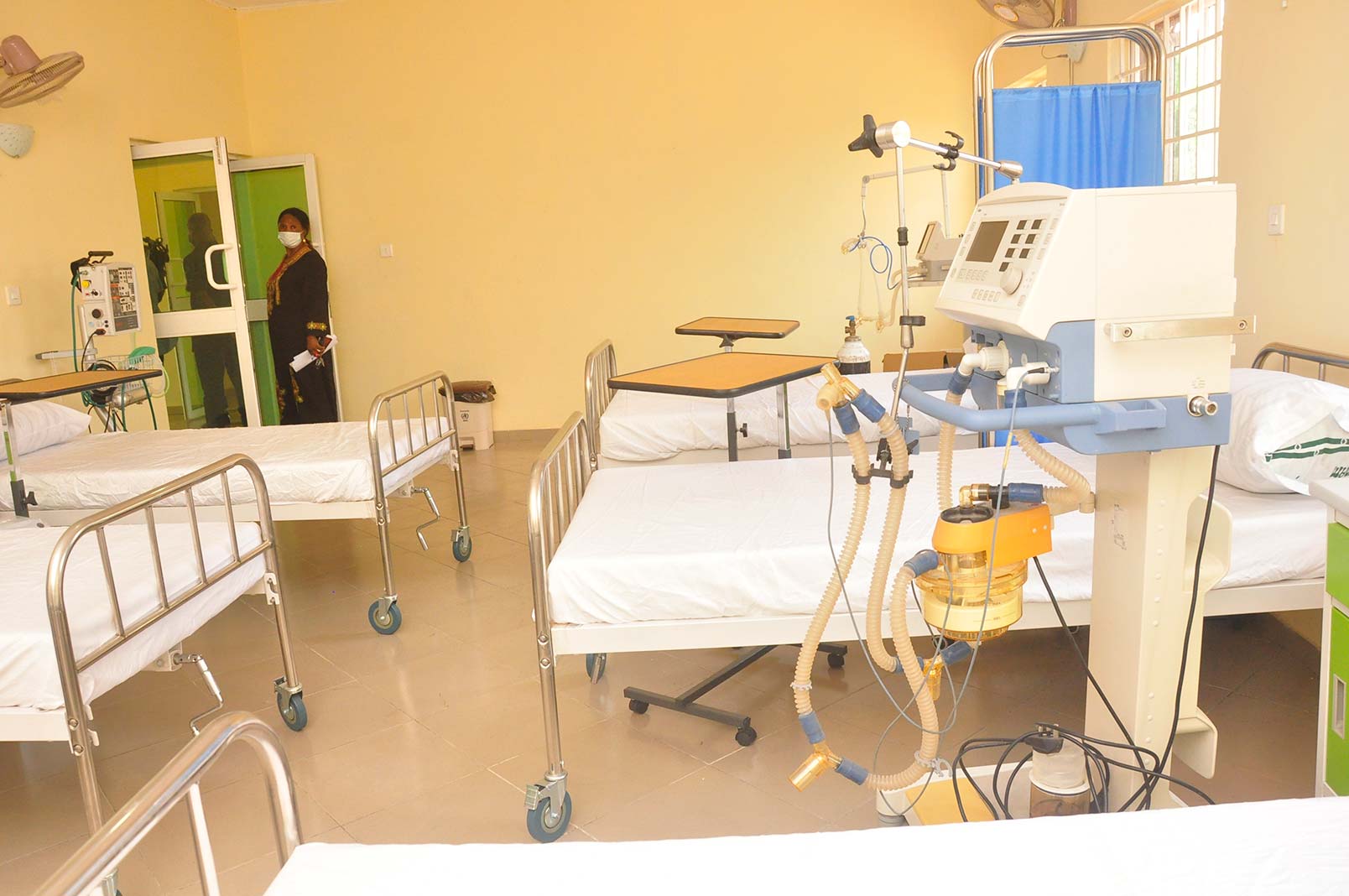
“Our goal is to strengthen our public health system and diagnostic infrastructure for the future. We will continue to work with states and the private sector to achieve this goal in Nigeria.”
Responding to maintenance strategy put in place for the new laboratories, Ochu said the responsibility lies primarily with the state where the laboratories are located, with support from NCDC.
Advertisement
STATES ALSO BUILDING, EQUIPPING HOSPITALS
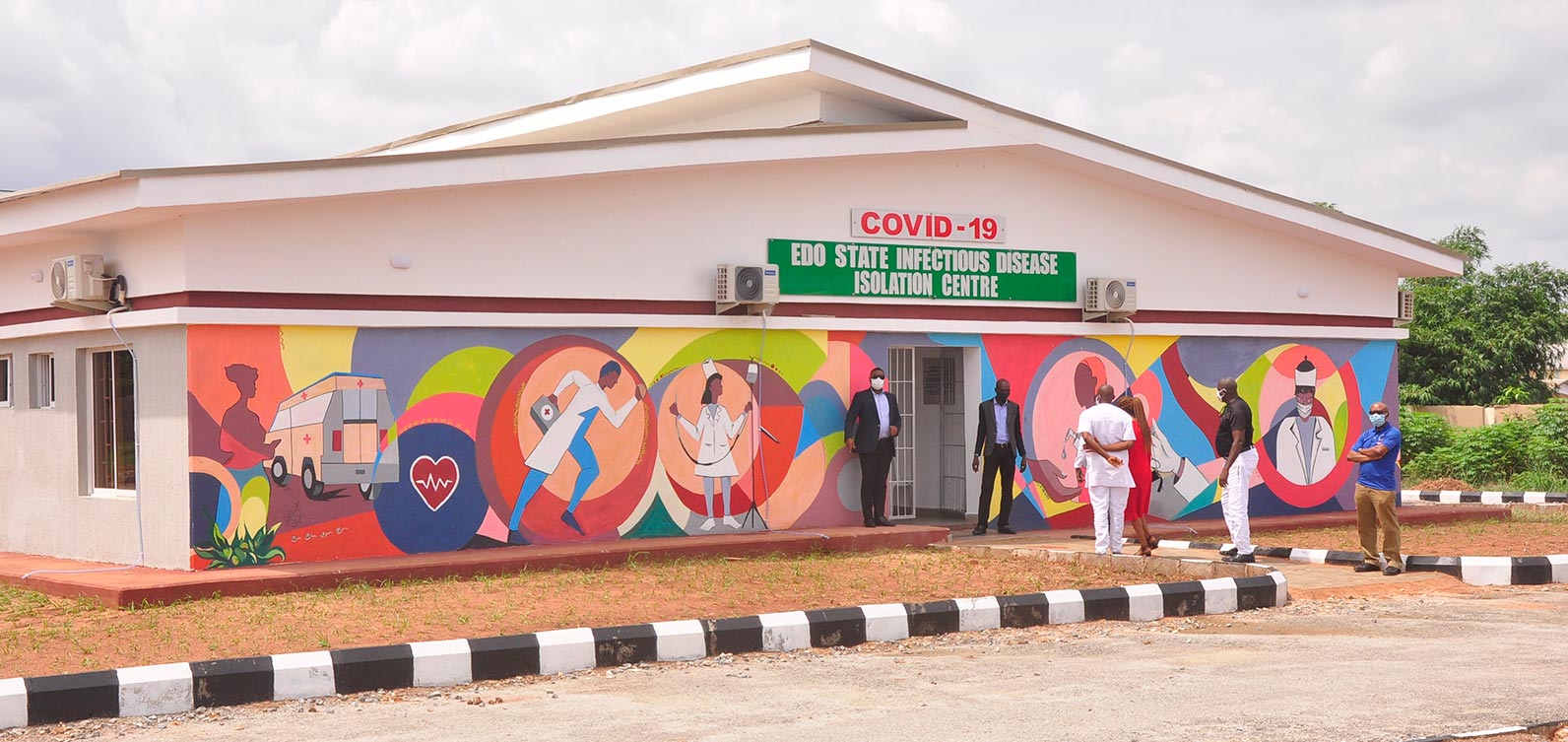
When work began on the Saki Specialist Hospital in Oyo state, it was meant to be an observatory, isolation and treatment centre to support the state’s efforts against COVID-19. However, focusing on post-COVID-19 era, the state government decided to go beyond a temporary recovery centre by expanding the scope of the work in the hospital to serve long-term healthcare purposes.
Advertisement
With over N750 million spent, the hospital now boasts of 10-bed intensive care unit, two mechanical ventilators with humidifiers and three patient monitors. It also has positive airway pressure machines and re-breather bags to for maximum oxygen requirements.
Among other facilities, the hospital has a 12-bed high dependency unit (HDU) with piped oxygen, 12-bed female general ward, 20-bed male general ward, an operating theatre and a recovery room.
Advertisement
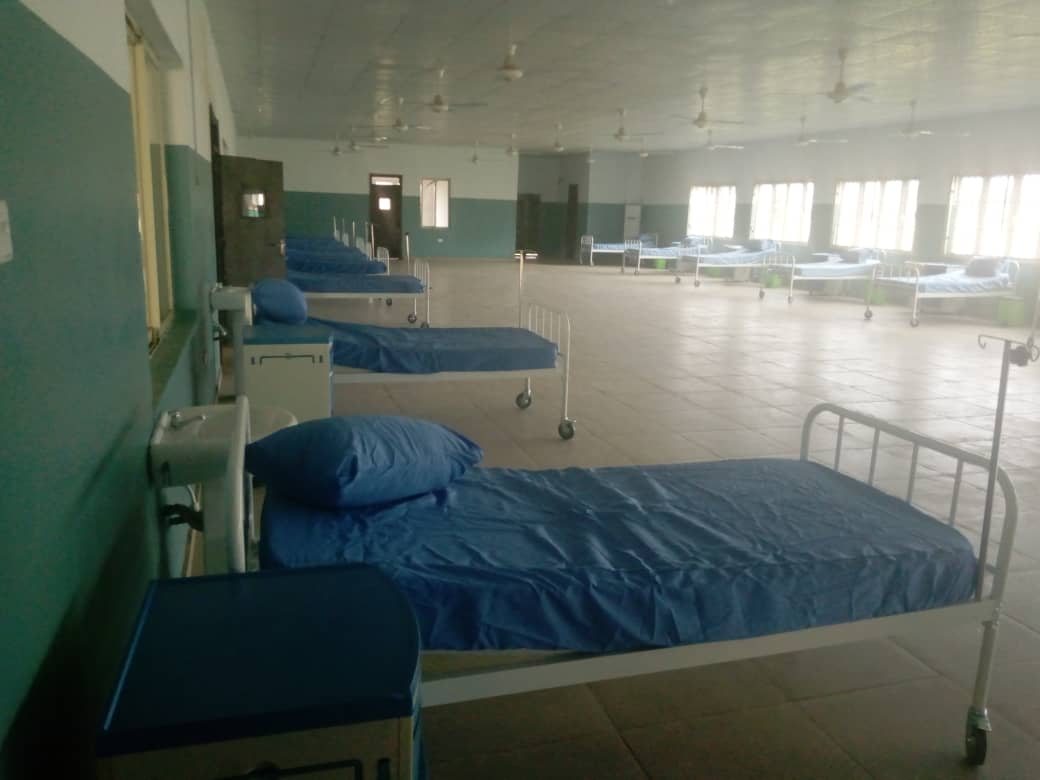
However, Oyo is not the only state that is taking advantage of COVID-19 to build its health facilities. In Edo state, there are four testing centres located in Irua Specialist Teaching Hospital, University of Benin Teaching Hospital and Stella Obasanjo Hospital. Treatment centres with more than 500 bed spaces have also been established in these locations .
Advertisement
In the FCT, the National Hospital, Abuja and University of Abuja Teaching Hospital, Gwagwalada, have benefitted from COVID-19 response by the federal government. Although it was not initially slated as a treatment centre for COVID-19, non-readiness of the treatment ward at the UATH demanded that the Lassa fever isolation unit at the National Hospital had to be converted with more rooms added and equipped for COVID-19 and other usage.
While the new building housing the treatment centre at the UATH was being equipped, the capacity of the intensive care unit ward was strengthened to handle coronavirus and other cases.
Add a comment
